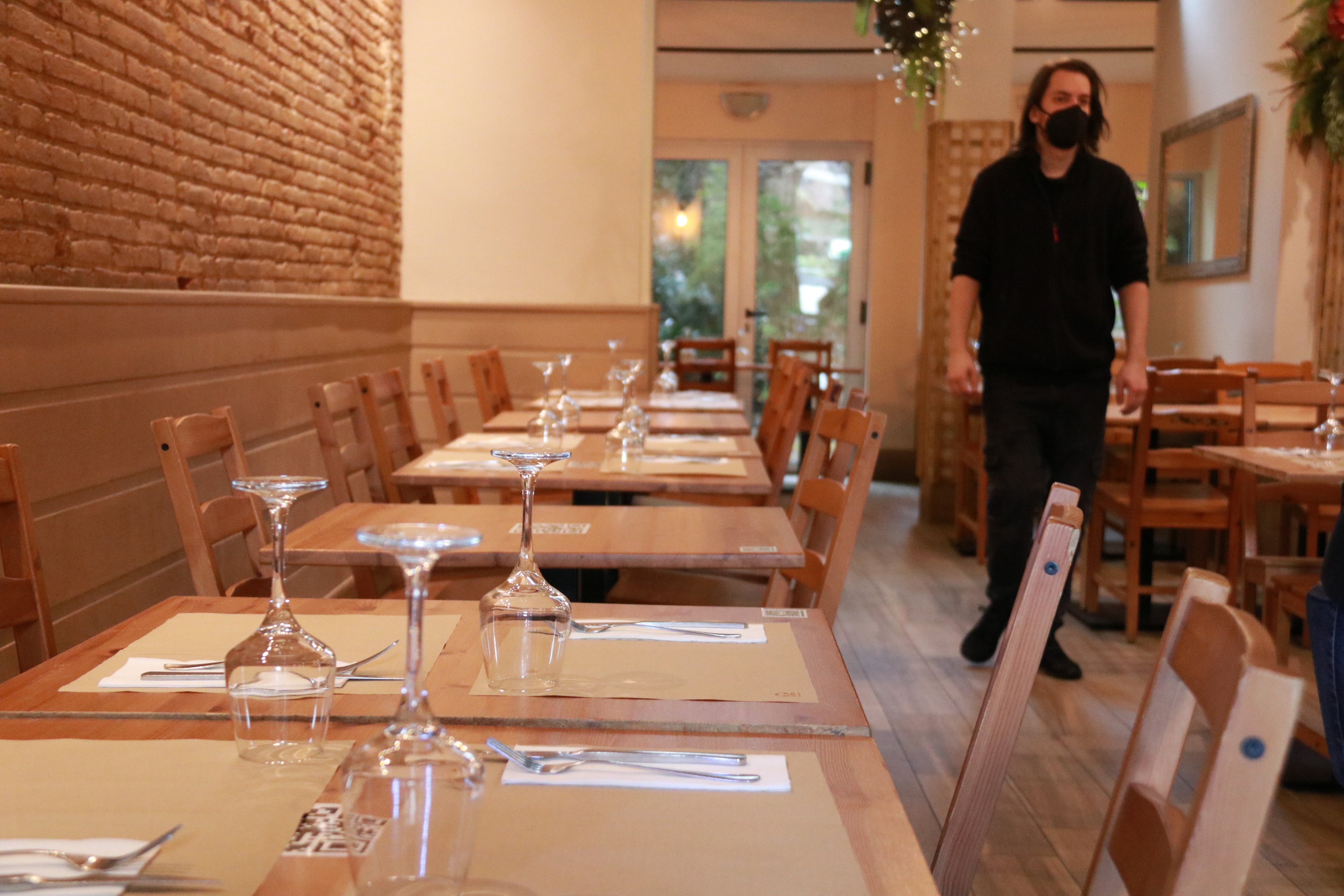Curfew is no longer part of Catalonia's anti-Covid measures, but the other restrictions that have been in force since before Christmas continue. Thursday night was the first night without night-time mobility restrictions since December 22nd, and it went by without any notable incidents, according to the Mossos d'Esquadra police. Only a few groups of young people took advantage of the circumstance to meet up in the usual spaces in central of Barcelona, defying the night-time cold, without any incidents being registered.
However, on Thursday, the Catalan High Court gave the green light to the continuation of the other Covid measures for which its approval is required: specifically, the limitation on gathering size to a maximum of 10 people; the reduction of capacity to 70% of the usual maximum in religious acts or civil ceremonies and the requirement to show the Covid passport to enter bars, restaurants and gyms.
With regard to the Covid passport, in the context generated by the omicron variant - which has infected both vaccinated and unvaccinated people - the Catalan executive is awaiting an expert report on the usefulness of the measure before making any change in its policy. Thus, for now, the requirement to present the Covid passport to enter establishments such as gyms, restaurants and concert halls remains.
All the current measures in Catalonia
These are Catalonia's current measures against Covid-19, in force until January 27th, as listed on the Catalan health service website:
- Social activities: limitation of social gatherings to a maximum of ten people, both indoors and outdoors and in both the private and public spaces. In addition, the wearing of masks is mandatory in public spaces, both inside and outside (as mandated by the Spanish government), and the Covid passport must be used to access the indoor areas of restaurants, gyms and care homes.
- Nightlife and concert venues: the current closure is maintained. In concert halls where public events are allowed, audiences must be seated and permitted occupancy is 70% of capacity.
- Businesses and shops: maximum occupancy permitted is 70%. In addition, they may not stay open after 10pm, except in the case of essential services, convenience stores and commercial establishments attached to petrol stations.
- Bars and restaurants: maximum occupancy permitted is 50% in interior areas, where a Covid certificate must be shown. Both inside and outside, a maximum of ten people can be gathered per table. Opening is permitted only until 12:30am.
- Culture, leisure and recreational activities: occupancy permitted is 100% in libraries, archives, museums, exhibition halls, historic monuments and other cultural centres. However, it is 70% in cinemas, theatres, auditoriums, circus marquees and similar spaces, amusement parks and civic centres. Inside gambling lounges and bingo halls, the maximum occupancy permitted is 50%. Opening hours are until 12:30am.
- Civil and religious events and ceremonies: the occupancy permitted is 70% of maximum capacity.
- Work: Distance working is recommended.
- Sport: maximum occupancy permitted is 70% in professional sports events, as well as in non-professional or federated sports activities in indoor spaces. It is also 70% in indoor sports facilities and facilities such as gyms, sports and physical activity halls. The Covid certificate is required to access the gyms and physical activity centres.
Main image: Interior of a restaurant in Sants (Barcelona) / ACN

